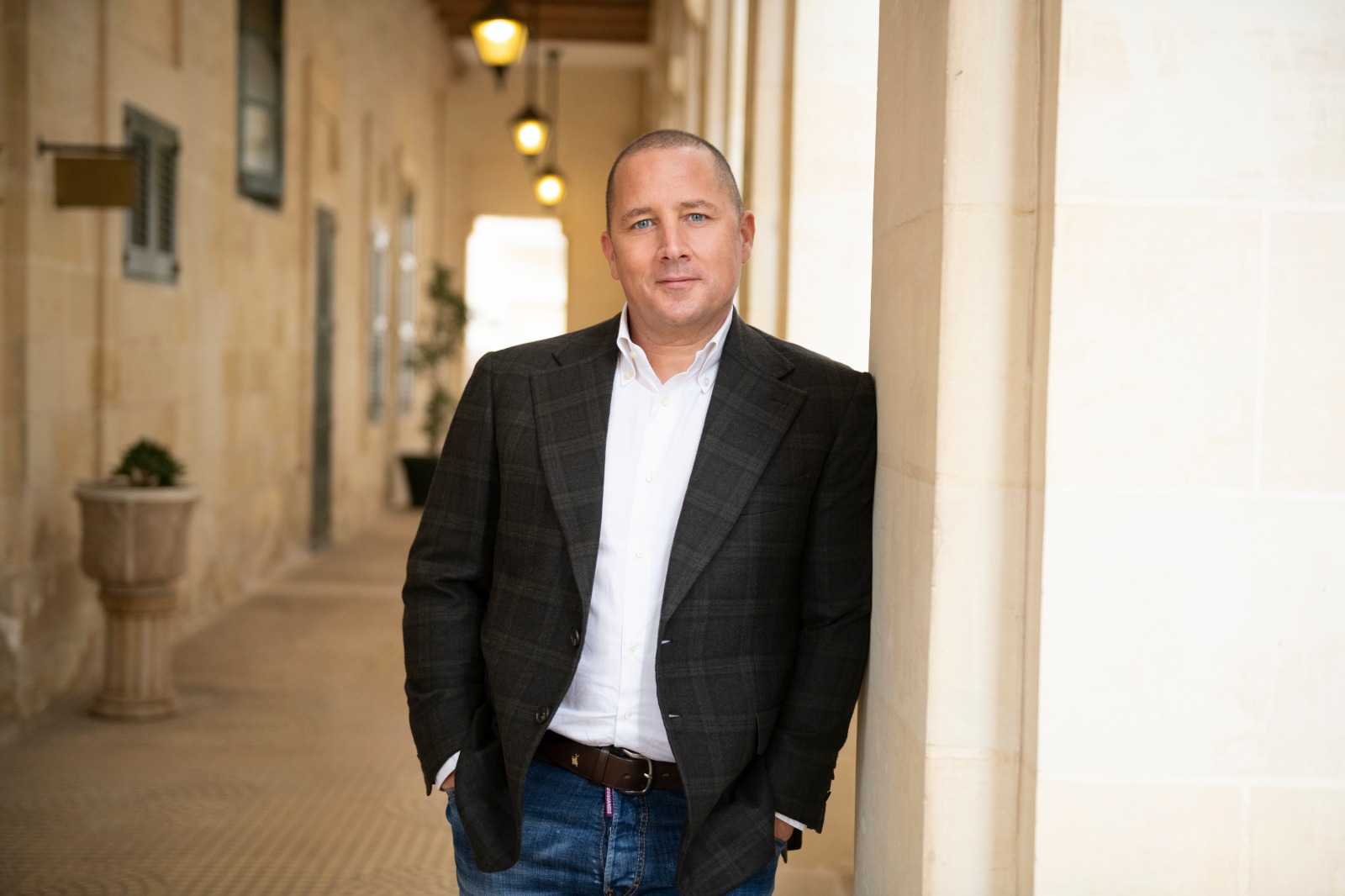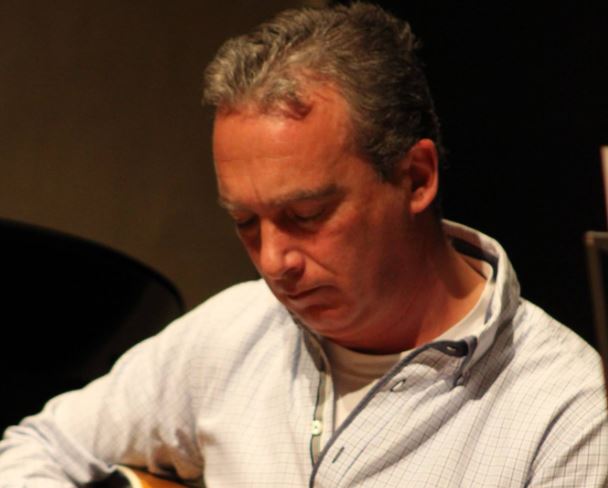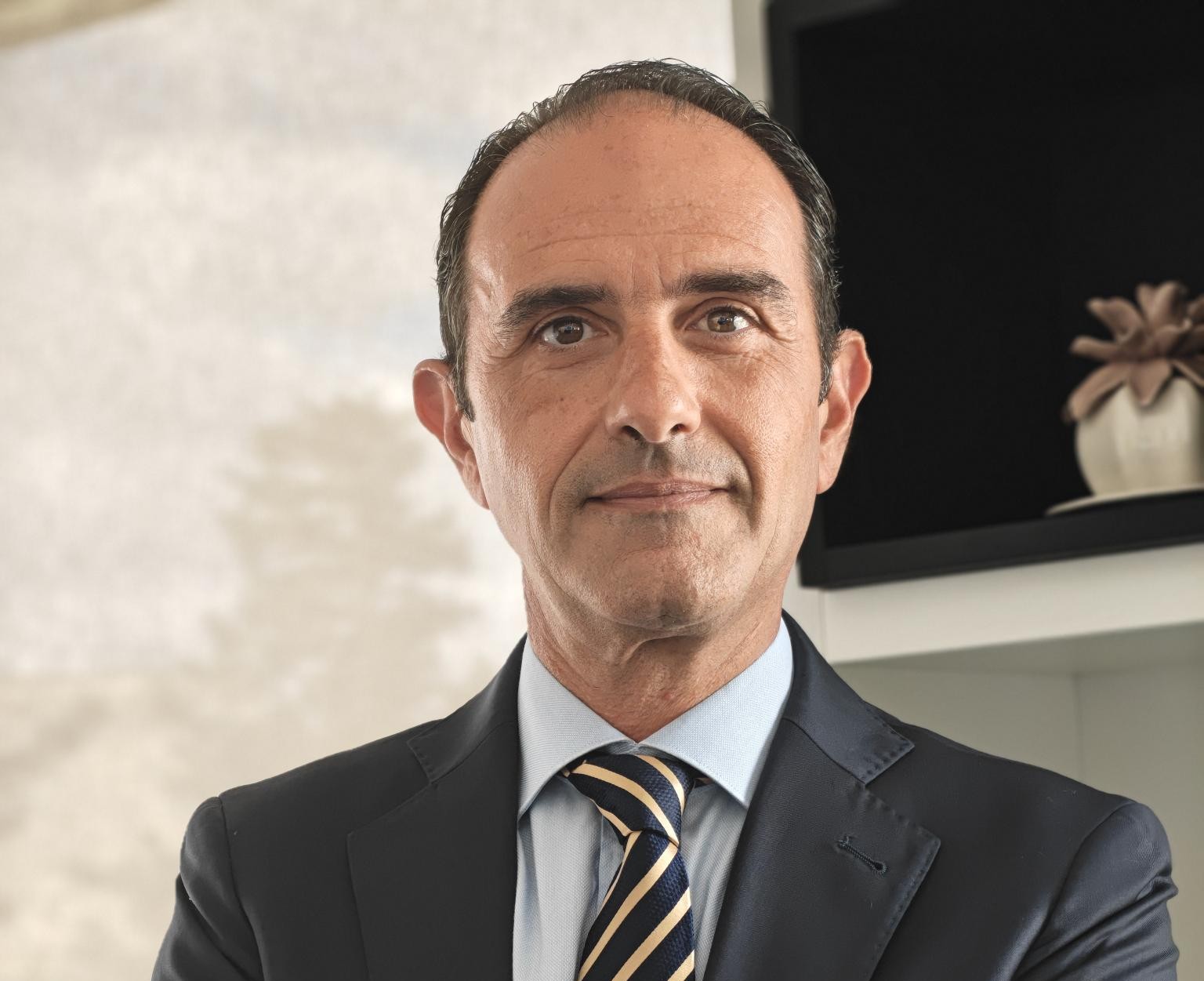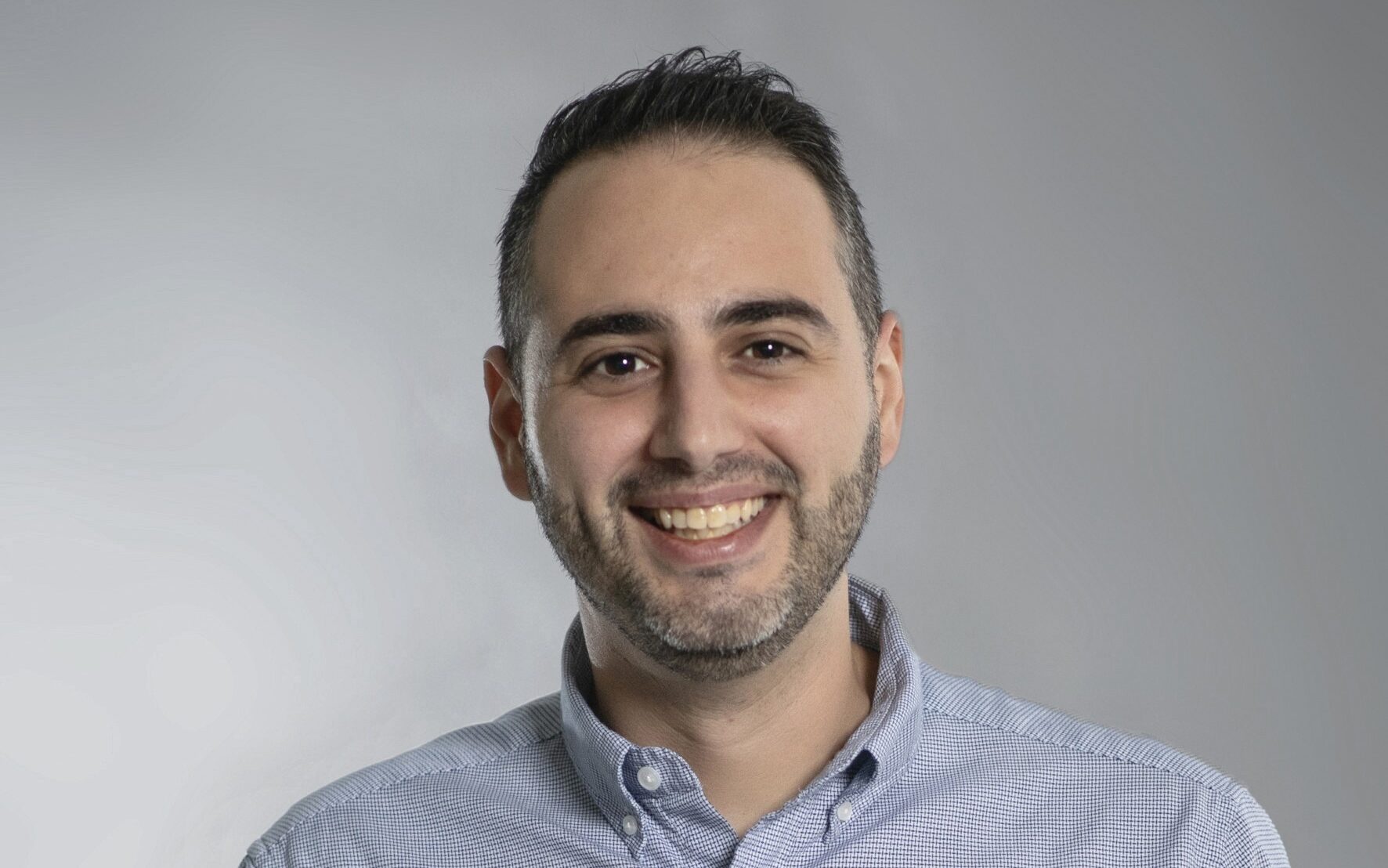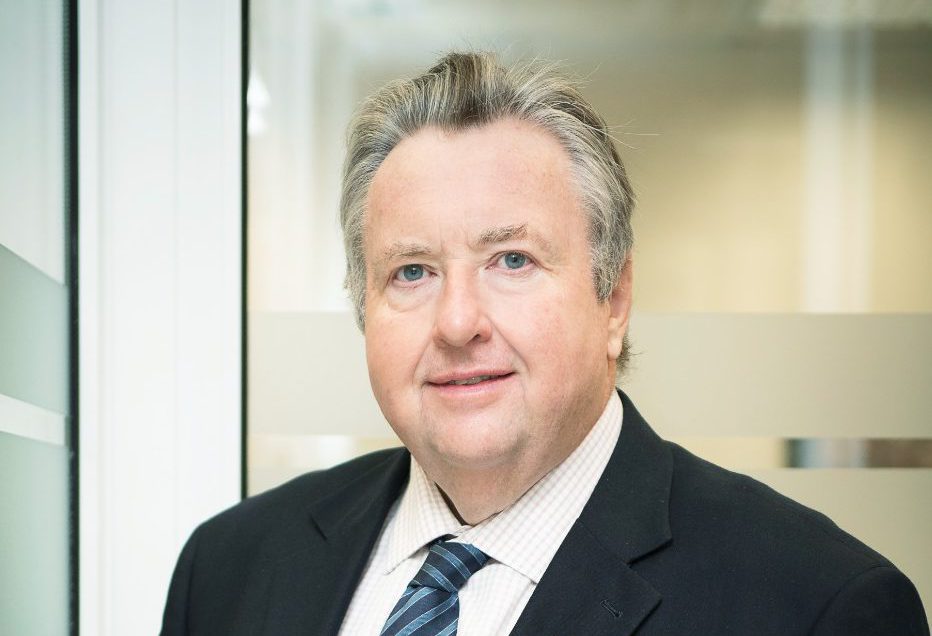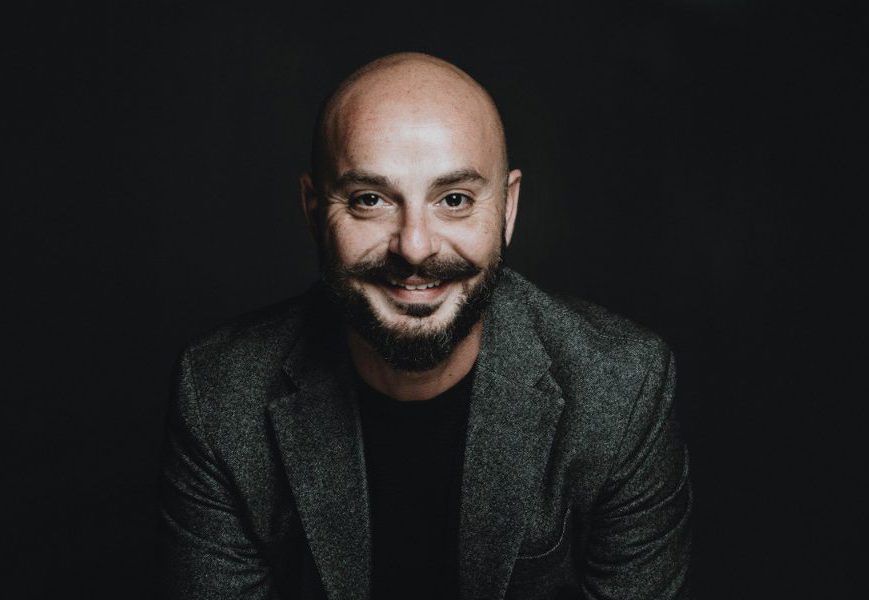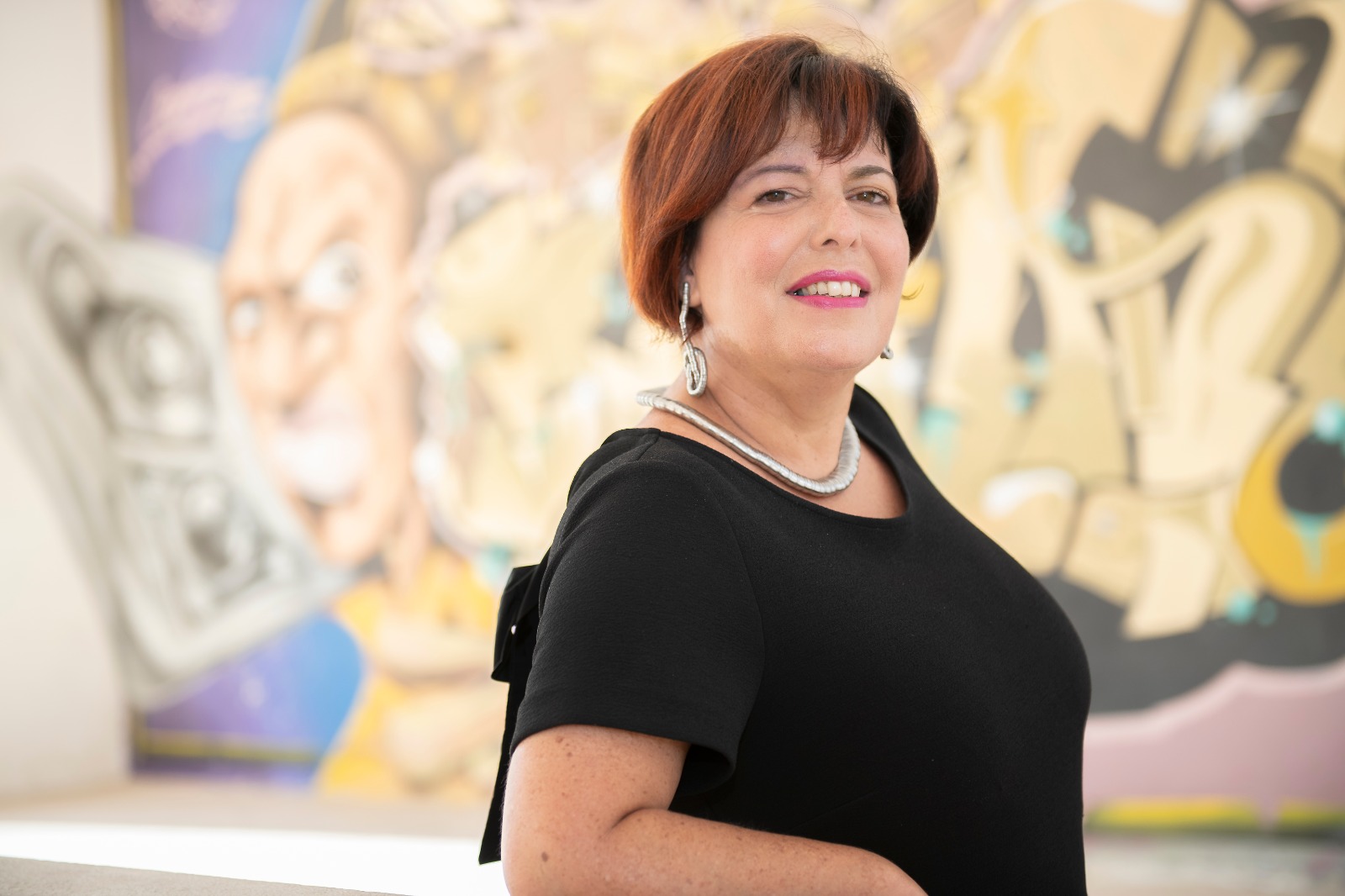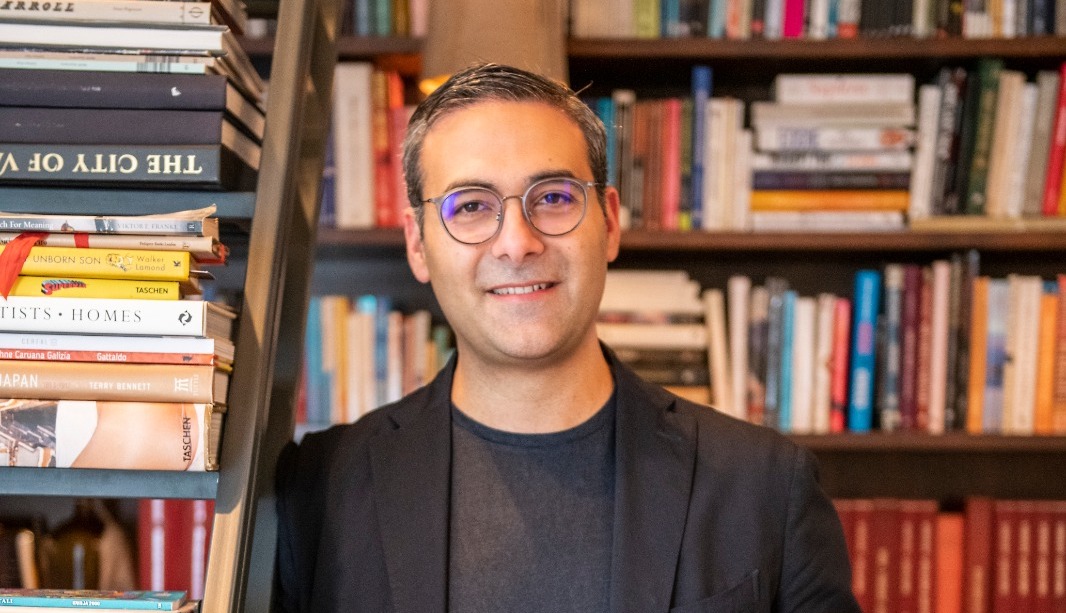Jean Claude Muscat has worked in private healthcare since the age of 19, over 30 years ago, when he got a job at St James, a private hospital in Żabbar that started as his father’s home clinic in 1986. Now, St James Hospital is a stalwart of Malta’s private healthcare sector and remains one of the island’s premier healthcare providers.
“My father wasn’t impressed when I stopped studying, so my first job was in the washroom!” Jean Claude begins. “That said, I wouldn’t replace those first years for anything. The washroom was close to the doctors’ quarters, and I spent lots of time chatting to and helping the medical staff. Seeing the hospital’s inner workings helped me to start pinpointing areas for improvement.”
The drive to enhance the business was inherited from his father and the company’s Founder, Dr Josie Muscat, who remains Chairman of the Group. “My father was very avant-garde. In the 1980s, Malta’s healthcare – both the Government system and private sector – was unrecognisable and quite basic,” says Jean Claude.

“People travelled overseas for treatment if they could afford to, while others looked to the local private sector. My father took bold, innovative decisions. He introduced new services to the island, such as IVF, and was one of the first to offer underwater childbirth, video endoscopy, keyhole surgery, MRI services and eye laser treatment.”
Jean Claude explains that his sister, Maria, also joined the business at a very young age and continues to drive the operational side. Business development, however, was Jean Claude’s calling. In 2000, he directed his first major project, expanding out of Żabbar by establishing an eye clinic in Sliema. This proved to be a very successful initiative and captured 90 per cent of the private ophthalmic market within its first year of operation. Then came Capua.
“We bought St James Capua in 2002, which is also when I became CEO,” continues Jean Claude. “In 12 months, we turned the hospital around and registered a profit. Then, in 2006, we ventured to Libya, where we now have a dental clinic, physiotherapy centre, a small hospital and plans for a larger one. And three years later, we opened an eye clinic in Hungary.”
Talking through the business’ milestones, Jean Claude is clearly proud of the St James team. “My role is to strategise, but my biggest challenge is selling my vision to those who can help me take the business to the next level. Connecting with people is crucial. There has to be chemistry, connection and respect,” he declares. “You’re only as good as the people around you – this is my mantra. I seek the right talent: motivated people who can grow with the company. Luckily, I’ve had low staff turnover, which helps. My greatest satisfaction is seeing these individuals embracing their roles and taking the same decisions I would have taken – sometimes even doing it better than I could have.”
With St James’ new hospital in Żejtun nearing completion, having a well-established team is working in the business’ favour. In Malta, the healthcare provider has two top quality hospitals in addition to its outpatient clinics, and its size relative to that of the country has enabled it to offer excellent, comprehensive services. Evolution has been key, particularly with the move to Żejtun where lessons learned from Capua in terms of layout, automated systems, technology and functionality have been applied.
But, of course, 2020 has not been without its challenges. Jean Claude explains that St James has faced two sides of the pandemic: the clinical side and the impact on business. “Our staff have been superb. We rallied the troops, got our policies, training and equipment in place, and pressed ahead knowing we’d be handling COVID- 19-positive patients,” he says. “This was all unproductive when talking in terms of private enterprise, but we needed to switch to 100 per cent critical mode. It was impressive and quite an amazing experience.”
“The reality, however, is that business dropped by 50 per cent in March and non-clinical staff – top management included – took a pay cut. Fortunately, the banks gave us a moratorium, so what we lost in revenue, we made up for with reduced expenditure. Today, things are getting back to normal. We are quite close to our pre-pandemic state, but now with the knowledge and ability to tackle such a situation, and that is a good thing. We also used this period to fast-track work on the new hospital, so a new wing will be completed earlier than previously expected.”

The pandemic also triggered the integration of technological solutions within St James’ operations. Telemedicine was in the pipeline, but pre-COVID-19 routine prevented immediate investment. Now, the business is taking a much more technological approach, developing its own online platform for doctor-patient services and investigating how AI can further support processes. “We’re no longer on the highway we were on before. Our mindset has shifted. How patients are registered in the system, how check-ups are done, how information is distributed to patients… this has all changed,” Jean Claude confides.
Thinking of 2021, Jean Claude explains that the greatest challenge in Malta remains economies of scale. “Malta is small, so it’s difficult to find worthwhile investment opportunities, especially since we function in a very labour- and capital-intensive market,” he says. “This drives up our prices, and we’re only hitting a particular market segment. We can improve our economies of scale by moving beyond Malta and partnering with international organisations to offer our specialised services, even surgery, remotely. Through improved medical expertise we can also attract patients from other countries, which will introduce a new tourism niche.”
“Now is also the time for us to expand overseas, but with an adapted business model. We’re looking at developing markets, such as in Africa, where we can be effective and deliver quality. Rather than direct investment, though, our idea is to utilise the management capabilities we have perfected to offer management services to third-party facilities abroad. I see a lot of opportunity around us and hope to be instrumental in taking the company in this direction.”
This interview is part of a serialisation of 50 interviews carried out with Malta’s top CEOs, featured in the bumper edition of MaltaCEOs 2021 publication, which was recently released. Despite the many challenges of 2020, this is the largest edition to date.
‘No one has a monopoly on ideas’ – Trust Stamp CEO, Gareth Genner
With an extensive background in entrepreneurship and tech, Gareth Genner combined his passions to launch start-up company, Trust Stamp.
‘Our ethos is quality’ – Reuben Lautier, Director of Natural Stone Workshop
Reuben has been running the business, set up by his father in 1984, for almost 20 years.
‘I relish the opportunity to inspire young people to learn, and to learn from them’ – Miriam Teuma
Agenzija Żghażagh provides young people with the time and space to make friends, learn new things and develop their talents.
‘People don’t work for a company, they work for a leader’ – Gege Gatt
The CEO of EBO, an artificial intelligence firm established to connect businesses with their customers through AI-based conversation automation, shares ...


